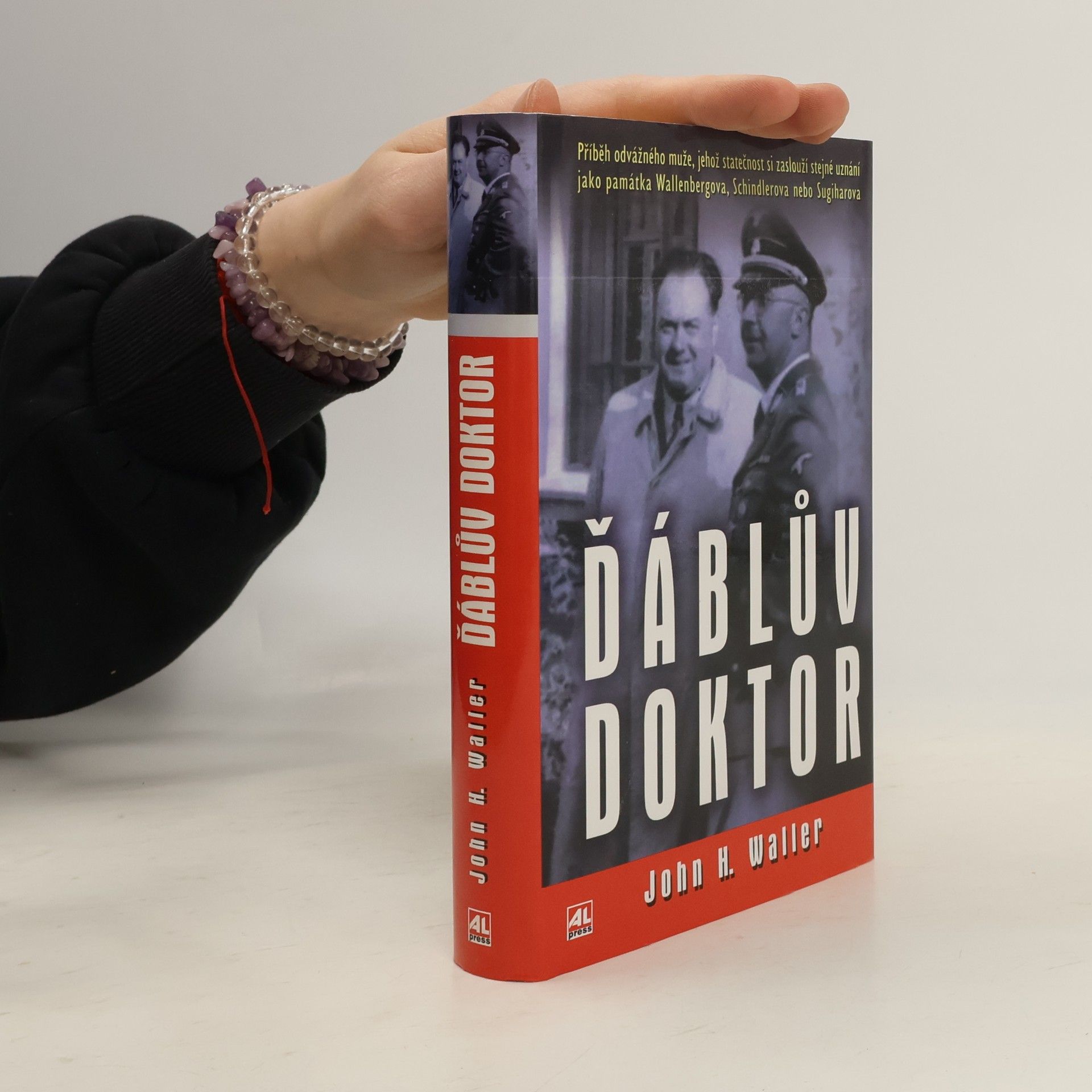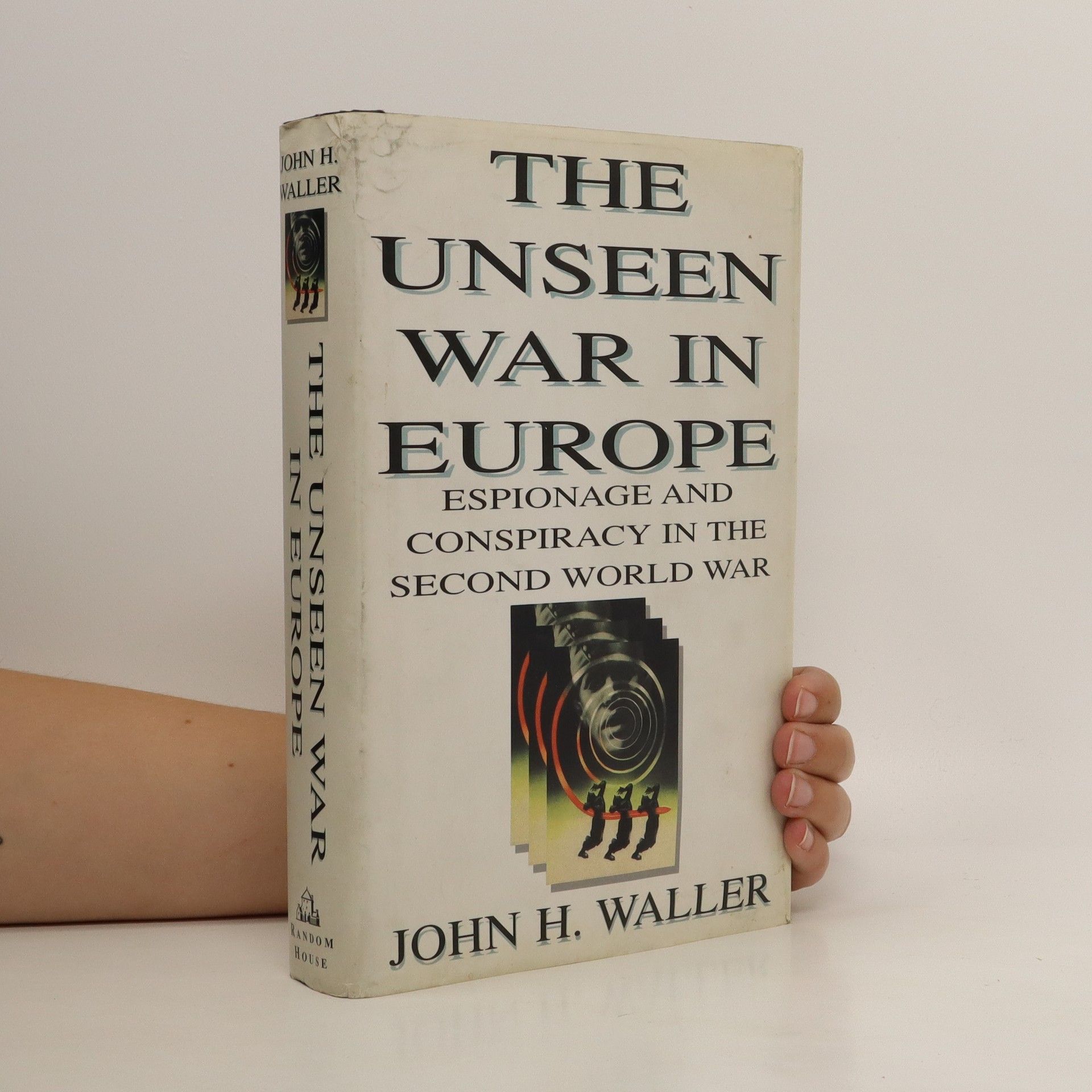A deputy Middle East Theater Chief of OSS during World War II draws upon newly released documents and his own experience to offer new insights into the greatest conflict of the century. Waller tells how British Prime Minister Chamberlain mismanaged British intelligence which contributed to the debacle at Munich. and scores of other stories during the war.
John Waller Livres



The great biologist Louis Pasteur suppressed 'awkward' data because it didn't support the case he was making. John Snow, the 'first epidemiologist' was doing nothing others had not done before. Gregor Mendel, the supposed 'founder of genetics' never grasped the fundamental principles of 'Mendelian' genetics. Joseph Lister's famously clean hospital wards were actually notorious dirty. And Einstein's general relativity was only 'confirmed' in 1919 because an eminent British scientist cooked his figures. These are just some of the revelations explored in this book. Drawing on current history of science scholarship, Fabulous Science shows that many of our greatest heroes of science were less than honest about their experimental data and not above using friends in high places to help get their ideas accepted. It also reveals that the alleged revolutionaries of the history of science were often nothing of the sort. Prodigiously able they may have been, but the epithet of the 'man before his time' usually obscures vital contributions made their unsung contemporaries and the intrinsic merits of ideas they overturned. These distortions of the historical record mostly arise from our tendency
Ďáblův doktor
- 343pages
- 13 heures de lecture
Příběh F. Kerstena, úspěšného fyzioterapeuta, který od roku 1940 do konce války pracoval jako osobní masér Heinricha Himmlera. Felix Kersten, úspěšný fyzioterapeut, se v r. 1940 vlivem okolností stal osobním masérem Heinricha Himmlera. Do konce 2. světové války byl v úzkém kontaktu s tímto předním nacistickým pohlavárem a v centru dění, kde se rozhodovalo o existenci Třetí říše a osudu mnoha židů uvězněných v koncentračních táborech. Kersten u Himmlera často uspěl se svými názory a prosbami. Jeho největším výkonem bylo zorganizování tajné schůzky mezi Himmlerem a zástupcem Světového židovského kongresu. Příběh člověka, který přes nebezpečí, které mu od nacistů hrozilo, využil svého osobního vlivu ve prospěch lidskosti.